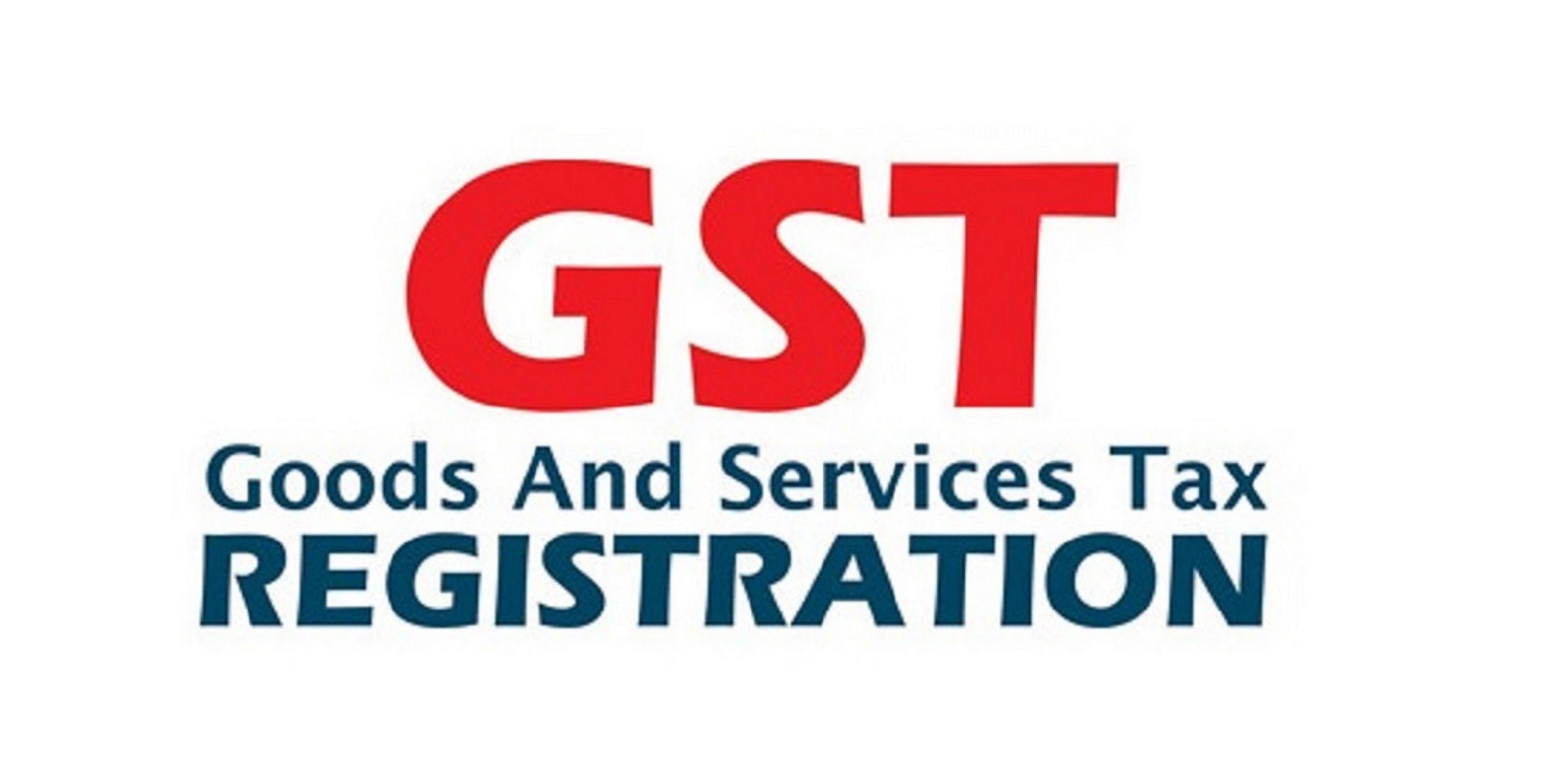Understanding the Benefits of Singapore GST Registration for SMEs
Understanding the Benefits of Singapore GST Registration for SMEs
Blog Article
Navigating the Complexities of GST Enrollment: Expert Tips and Best Practices for Easier Compliance
Browsing the complex landscape of Item and Provider Tax (GST) enrollment demands a keen understanding of the developing governing framework and meticulous focus to detail. As companies make every effort to guarantee conformity and avoid mistakes, professional assistance and best methods can function as indispensable compass points in this complex terrain. From figuring out registration demands to harnessing technological tools for structured procedures, the trip in the direction of smoother GST conformity is multifaceted and nuanced. Keep tuned to reveal important methods and understandings that can help companies guide through the complexities of GST registration with skill and confidence.
Understanding GST Enrollment Requirements

In enhancement to turnover limits, companies participating in interstate sales or giving taxable solutions may also be required to register for GST, also if their turnover is below the suggested limit (Singapore GST Registration). Comprehending these requirements and thresholds is necessary to prevent penalties and ensure smooth procedures within the legal structure
In addition, services need to collect and prepare the required paperwork, such as evidence of identity, address, business consolidation, and savings account information, before launching the GST enrollment procedure. Stopping working to offer exact info or satisfy the registration deadlines can lead to fines or other legal repercussions. For that reason, services must remain informed regarding the specific GST enrollment demands relevant to their operations to maintain conformity and prevent prospective problems.
Organizing Crucial Documents
Services getting started on the GST enrollment process need to carefully assemble and arrange the essential documentation needed for submission. The crucial documents generally needed for GST enrollment include proof of service enrollment or identity, address and consolidation proofs of business proprietors or partners, checking account details, proof of principal workplace, and permission types. Making certain that these files are readily offered and arranged can simplify the enrollment process and avoid hold-ups or rejections.
To effectively arrange vital paperwork, businesses must develop a centralized system for keeping and categorizing the called for documentation (Singapore GST Registration). Using electronic storage services can assist keep simple access and make certain that files are securely kept. In addition, establishing a list of all necessary records can function as a helpful tool to track what has been gathered and what is still required for entry

Leveraging Modern Technology for Efficiency
Enhancing functional effectiveness through technological assimilation is paramount for modern-day services browsing the complexities of GST registration. One of the vital methods modern technology can help in GST enrollment is with the use of automated software program solutions.
Furthermore, technology can assist in smooth interaction with tax obligation authorities. On the internet portals and interaction tools make it possible for organizations to submit documents, deal with questions, and receive updates in a much more effective manner. This not only expedites the registration procedure however also helps in preserving dependable and transparent interaction with the relevant authorities.
Moreover, cloud-based storage space services offer a safe and secure system for organizations to store and access their monetary information, ensuring conformity with GST record-keeping demands. By centralizing data storage and automating procedures, services can improve their overall performance and accuracy in GST enrollment treatments.
Proactive Compliance Tracking

To make sure effective aggressive conformity surveillance, companies need to establish durable interior controls, conduct routine audits, and utilize automation devices for real-time tracking of GST deals. Routine training sessions for see here now workers on GST visit their website conformity needs can likewise assist in developing a culture of conformity within the organization. Furthermore, engaging with tax professionals or experts can give useful insights and support on navigating complex GST laws.
Engaging With Professional Specialists
Engaging skilled tax obligation professionals can dramatically reinforce a business's understanding and conformity with elaborate GST policies. Expert professionals bring a riches of expertise and experience to the table, helping services browse the complexities of GST registration easily. By leveraging their proficiency, companies can guarantee exact filings, lessen the danger of mistakes, and stay up-to-date with the most current regulative modifications.
When engaging with professional specialists, it is vital to select specialists with a solid performance history in GST compliance (Singapore GST Registration). Look for specialists who have a deep understanding of the relevant laws and regulations, along with experience functioning with businesses in your industry. Efficient communication is type in this collaboration, so make certain to plainly specify your expectations and develop normal touchpoints to talk about progression and address any issues
Additionally, specialist specialists can give valuable insights and suggestions on maximizing your tax approach, identifying possible cost-saving chances, and improving your compliance procedures. Overall, buying professional working as a consultant solutions can go a lengthy way in guaranteeing smoother GST compliance and avoiding expensive mistakes.
Conclusion
In conclusion, navigating the complexities of GST registration needs a detailed understanding of the demands, organization of necessary documents, leveraging technology for effectiveness, positive compliance monitoring, and involvement with expert specialists. By following these best techniques, services can ensure smoother compliance with GST policies and stay clear of potential penalties or fines. It is vital to remain notified, aggressive, and thorough in taking care of GST registration to maintain conformity and support financial integrity.
To guarantee conformity with tax laws, services must thoroughly recognize the elaborate needs for GST enrollment. Product and Solutions Tax Obligation (GST) is a value-added tax imposed on the majority of products and services in a country, making it critical for companies to register for GST to prevent lawful consequences.Additionally, organizations have to collect and prepare the required documents, such as proof of identity, address, organization unification, and financial institution account details, before initiating the GST enrollment procedure. Services need to stay educated regarding the specific GST enrollment demands relevant to their procedures you could try these out to maintain conformity and prevent prospective problems.
The vital files generally required for GST enrollment include evidence of organization registration or incorporation, identity and address proofs of the business owners or companions, bank account details, evidence of major location of business, and permission types.
Report this page